1. Maude Findlay from Maude
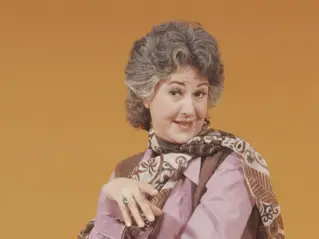
Maude Findlay, portrayed by Bea Arthur, was a feminist trailblazer long before the term “girl power” hit the mainstream. In the ’70s, many TV shows stuck to traditional gender roles, but Maude bucked that trend. Maude was a divorced, politically outspoken woman who tackled serious issues like abortion, women’s rights, and equal pay—topics that were considered taboo at the time. She wasn’t just a comic character; she was a force of nature who demanded respect and was unapologetically herself.
Her progressive views and confident personality made Maude one of the first female characters on TV to be portrayed as a complex, multi-dimensional woman. By addressing sensitive subjects with humor and honesty, Maude became an early example of how TV could reflect the changing social landscape. The character’s boldness set the stage for many strong female leads in the decades to follow. Maude wasn’t afraid to speak her mind, and she did so with a unique blend of wit and wisdom that still resonates today.
2. Jed Clampett from The Beverly Hillbillies
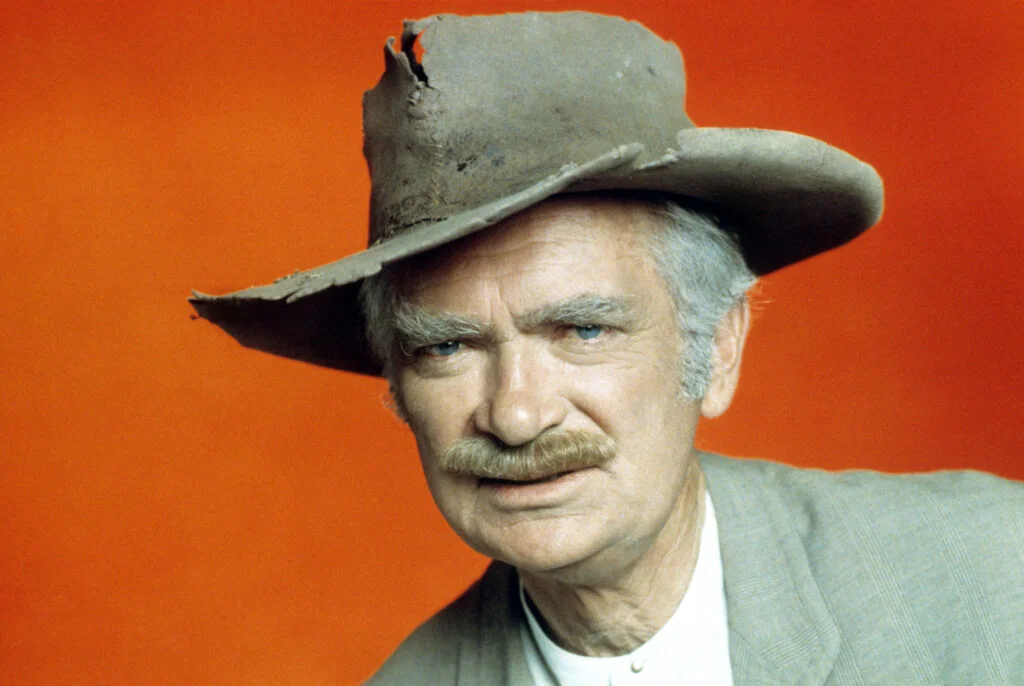
While The Beverly Hillbillies was a sitcom based on the contrast between rural and urban lifestyles, Jed Clampett’s character was ahead of its time in the way it approached wealth and values. Played by Buddy Ebsen, Jed was a kind-hearted, simple man who unexpectedly struck oil and moved his family to the luxurious Beverly Hills. Rather than let wealth change him, Jed remained humble and focused on the importance of family and good-heartedness.
What made Jed so ahead of his time was the way he subtly challenged societal norms about what truly mattered. In a world where wealth and status were often seen as the ultimate goals, Jed’s unpretentious nature and his emphasis on kindness and generosity felt refreshing. He was a reminder that personal integrity and family bonds are far more important than material success. Jed’s wisdom, wrapped in his simple rural ways, offered a critique of the greed and excesses that often defined Hollywood.
3. Harry Stone from Night Court
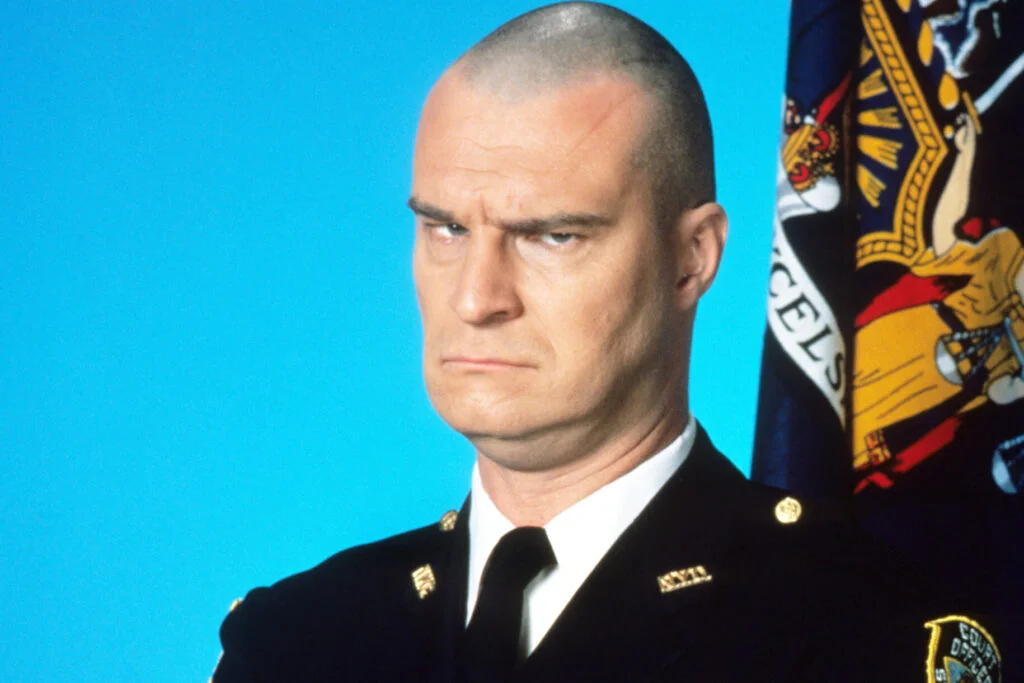
Night Court’s Harry Stone, played by Harry Anderson, wasn’t your typical judge. In fact, he was a quirky, fun-loving, and often goofy character who didn’t play by the usual rules. As the night shift judge at a Manhattan court, Harry balanced his unorthodox methods with a deep sense of justice and humanity. Despite his eccentricities, he was a fair judge who prioritized empathy over cold legal logic, something that was rare for TV characters at the time.
Harry’s character was a perfect blend of humor and heart, showing that it was possible to bring levity to serious situations. He wasn’t afraid to challenge authority or confront people in power when it meant standing up for what was right. This made Harry a refreshing alternative to the traditional, more stern characters of the time. His relaxed approach to justice, combined with his willingness to bend the rules to help those in need, demonstrated a new way of thinking about authority on television.
4. Oscar Madison from The Odd Couple
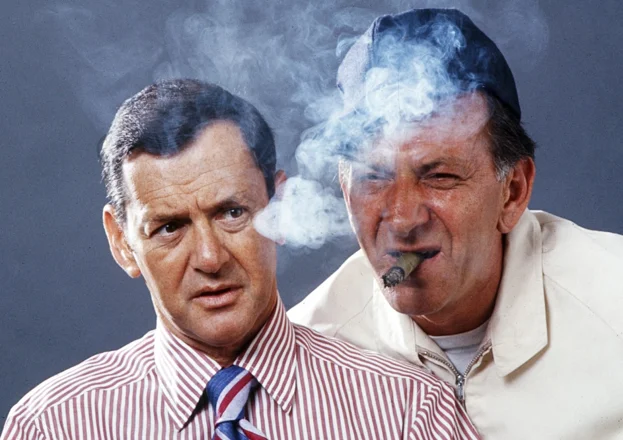
Oscar Madison, portrayed by Jack Klugman, was a slob in every sense of the word, but his character was a surprisingly progressive take on masculinity in the ’70s. As a sportswriter living with his neat-freak roommate Felix Ungar, Oscar’s laid-back approach to life defied the era’s conventional expectations of men. While he wasn’t a polished figure of authority, he was comfortable in his own skin and didn’t apologize for his flaws, which was a refreshing change from the typical macho TV characters of the time.
His character also subverted the idea that men couldn’t express vulnerability or emotional depth. Oscar was often portrayed as a man with a good heart, even though he didn’t have the typical “heroic” qualities. This reimagining of masculinity helped pave the way for more complex, multi-dimensional male characters in TV sitcoms. Oscar’s imperfections made him relatable and human, showing viewers that it was okay not to have it all together.
5. Emily Hartley from The Bob Newhart Show
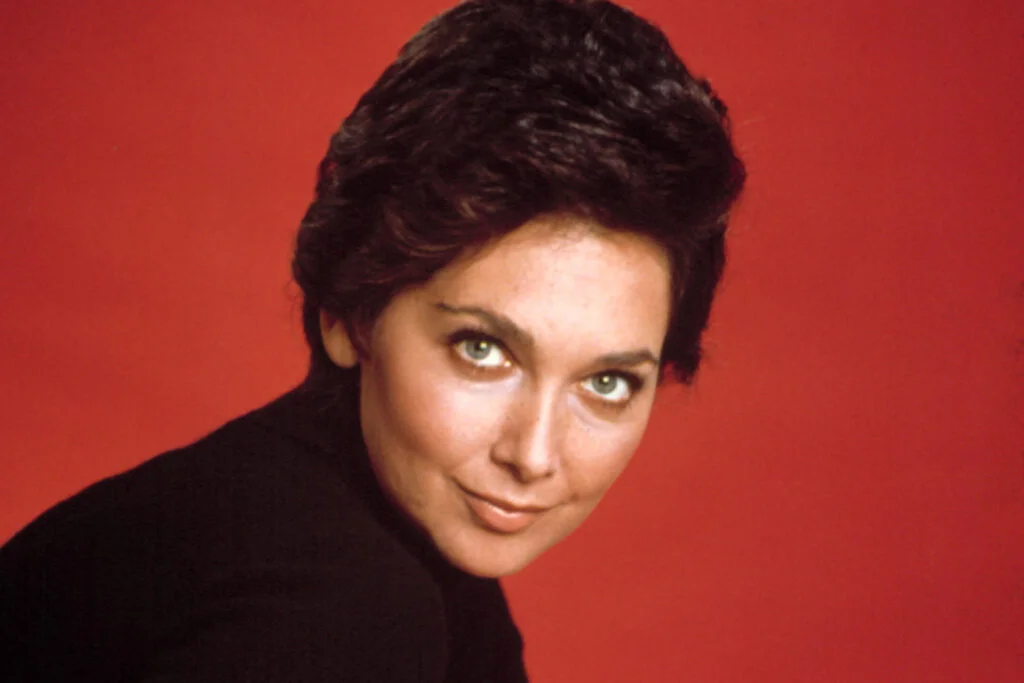
Emily Hartley, played by Suzanne Pleshette, was a woman ahead of her time in the ’70s sitcom The Bob Newhart Show. As the wife of Bob Hartley, a Chicago psychologist, Emily was a progressive and intelligent woman who defied many of the typical gender roles of the era. While Bob was the one offering advice to patients, Emily was not only a supportive partner but also a fully realized character with her own career, interests, and personality. She worked as a school teacher and had her own voice, challenging the notion that women’s roles on television were limited to being just housewives or mothers.
What made Emily so ahead of her time was her independence and her approach to marriage. She wasn’t afraid to challenge Bob when she disagreed with him, and their dynamic was built on mutual respect and understanding, rather than the typical hierarchical model that dominated many sitcoms. Emily’s character was one of the first on television to show that a strong, self-assured woman could be the equal of her husband while still embracing her femininity. Her portrayal was revolutionary in showing women as intelligent, well-rounded individuals, paving the way for more progressive female characters in sitcoms.
6. The Fonz from Happy Days

Fonzie, aka “The Fonz,” portrayed by Henry Winkler, was the epitome of cool during the ’70s, but there was more to him than just leather jackets and thumbs-up gestures. While Happy Days was set in the ’50s, Fonzie was a character who resonated with ’70s audiences due to his countercultural appeal. He was a high school dropout, a mechanic, and a man of few words, but Fonzie wasn’t just a rebel—he had a deep sense of loyalty and kindness that made him a surprisingly complex character for the time.
Fonzie’s character challenged the idea that a man had to be rigid and conventional to be respected. His unapologetic individuality, coupled with his soft spot for the underdog, made him a cultural icon. In a decade where people were beginning to question traditional values, Fonzie was the symbol of independence and authenticity. His character’s relaxed, carefree attitude helped define a new archetype of cool that was less about appearances and more about being true to oneself.


